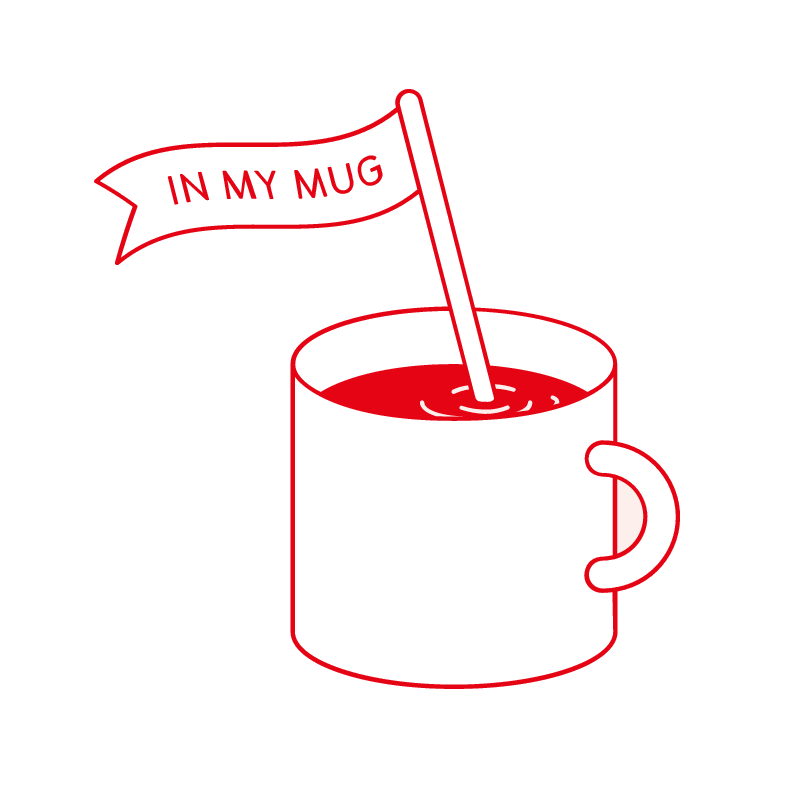Episodes

Sunday Feb 21, 2016
Sunday Feb 21, 2016
This coffee is from the Kirehe district in the eastern province of Rwanda, which is approximately a four hour drive from the capital city Kigali.
Ripe cherries are delivered to mill, where cherries are graded, sorted, de-pulped (using a three disk NAICOFF pulper) and then double-fermented (twelve hours wet fermentation, and then eighteen hours dry.) The parchment is then soaked in clean water for 24 hours.
Next the parchment is rinsed thoroughly and sorted in washing channels, and it's then placed on shaded pre-drying tables. After three days, the parchment is moved onto raised African drying tables.
The drying period averages twenty days. The coffee is turned by hand at 30 minute intervals to homogenize the drying, and the raised beds allow for air circulation around and under the coffee. The coffee is covered during the hottest parts of the day to avoid over-exposure to sunlight and heat.
The coffee is then transported to Kigali for dry milling, and then transported on via road to the port of Dar-es-Salaam in Tanzania, where it is exported.
Rwanda is a country that has a troubled past. In the early 1990s, coffee was Rwanda’s most lucrative export with the country exporting 45,000 tonnes of it in 1990. Events in the 1990s, however, decimated Rwanda’s coffee industry. Most importantly, the 1994 genocide claimed the lives of nearly a million Rwandans, destroying Rwanda’s economy and erasing much of the specialised knowledge needed for the profitable exportation of coffee. Simultaneously, world coffee prices plummeted in the 1990s due to increased worldwide production and consolidation of purchasing by multinational corporations.
The country currently produces less than half the amount of coffee it produced in 1990. However, it makes much higher quality coffee now, and it has been involved in the Cup of Excellence program in recent years, becoming the first African country to do so.
Rwanda’s climate, altitude and high quality Bourbon-variety coffee trees give it the ability to produce high quality coffee for the specialty coffee market. Rwanda's also been helped by foreign aid agencies with how to maximise their efforts in this area.
In the cup expect lots of light! It's a bright cup that made me think of Jif lemon juice – you know the stuff … you squeeze it onto your pancakes alongside a whole load of sugar! There's white grape acidity and a white sugar sweetness too.
- Country: Rwanda
- Region: Eastern Province
- District: Kirehe
- Mill: Migongo Washing Station
- Altitude: 1,500 m.a.s.l.
- Producers: 700 farmers on 1 plantation
- Varietal: Bourbon
- Processing Method: Fully Washed
- Average Temperature: 19.4°C
- Rainfall: 838mm. a year. Wettest month is April with 151mm.

